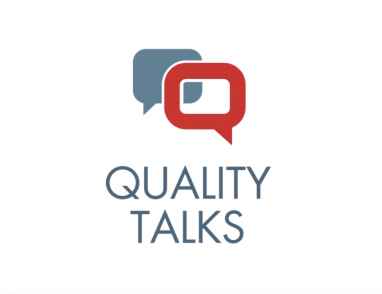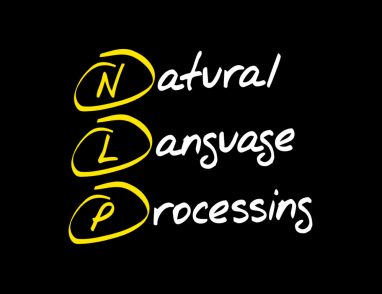1992: NCQA assumes full responsibility for management of HEDIS
June 11, 2015 · NCQA
25 for 25: A series of 25 blog posts marking NCQA’s 25th anniversary. As part of our anniversary celebrations, NCQA will post a series of 25 blog posts highlighting milestones in our 25 years of improving health care quality.

It took a year of work for Healthcare Data and Information Set (HEDIS®) to evolve from idea to reality, but that long effort proved historic in terms of health care quality. Big name employers like Xerox Corporation, Digital Equipment Corporation, and GTE were at the table when it started. So were several Health Maintenance Organizations (HMO) and, of course, the newly formed National Committee for Quality Assurance (NCQA). They met to discuss improving quality. It wasn’t long before they formed a consensus: the nation needed a standard way to measure the quality of health care, which would enable health care purchasers—mostly employers and the government at the time—to compare various health plans.
That’s when it happened—the solution they formed together. They would develop HEDIS, then known as the Health Plan Employer Data and Information Set. If successful, it would provide a way to measure the performance of plans on certain standards of care, such as comprehensive diabetes care and the use of high-risk medications in the elderly. HEDIS measures would document—and standardize—the value of health plans in terms of improving overall health of plan members, enhancing the patient’s experience and reducing costs.
A year later—in 1992—NCQA assumed full responsibility for the management of HEDIS. That meant a single entity would formulate measures and collect data.
“NCQA brings a level of independence, which is important,” said Cindy Ottone, Director of Policy for NCQA’s Product Delivery Department.
That would assist with the standardized approach. It would also free the measures from potential influence by health care stakeholders.
“Since then, HEDIS has grown incredibly,” said Ottone. That is perhaps an understatement when you consider more than half of the nation’s population is enrolled in a HEDIS measured plan.
“One of our biggest achievements is having 171 million Americans in health plans that report HEDIS data,” said Margaret O’Kane, NCQA President, at a recent event celebrating the organization’s 25th anniversary. “HEDIS is a trusted and widely used way of thinking about the health of populations and how well insurers deliver the optimal health members deserve.”
It is estimated more than 90 percent of America’s health plans use HEDIS to measure their performance. Employers—some at that original table—use the data to select the best plans for their employees. And because the focus at NCQA has always been improving care for the consumer—the patient, NCQA uses HEDIS to evaluate health plans. It publicly reports its evaluations to assist consumers facing a growing number of health care choices.
All of that came from that original discussion of forming a standard way to measure the quality of care and the decision that NCQA would assume full responsibility for managing the data.
HEDIS® is a registered trademark of the National Committee for Quality Assurance (NCQA).
A cornerstone of NCQA’s 25th anniversary year will include a look ahead through the eyes of tomorrow’s leaders. This November 9, NCQA will convene Quality Talks: Inspiring the Future of American Health Care, a “TED-style” symposium held at the Knight Conference Center at the Newseum in Washington, DC. bringing together hundreds of health care and public policy professionals, including government regulators, thought leaders and Congressional staff.








